To fuel their performance, athletes require a well-balanced diet that provides the necessary nutrients: carbohydrates, proteins, and fiber. Get pumped for this all-in-one guide to incorporating the best diet for athletes!
High-level athletic performance requires hard work, dedication, and taking great care of your body. A well-balanced diet provides the necessary nutrients for maximizing athletic potential, improving performance, and achieving fitness goals. With numerous diet plans available, finding the best diet for athletes can be a challenge. Keep reading for an all-in-one guide to discovering the best diet for athletes.
You May Also Like:
Why is diet so important for athletes?
Protein For Athletes: Frog Fuel Powers Peak Performance With Liquid Collagen Protein
Are You Eating for Optimal Performance? Discovering the Best Diet for Athletes is an original (OptimalPerformanceLiving) article.
What makes the best diet for athletes?
The best diet for athletes provides optimal nutrition to support peak physical performance, enhance recovery, and maintain optimal health. Athletes require specific nutrients in appropriate quantities to meet their increased energy demands and promote high-level athletic performance.
The best diet for athletes should include macronutrients such as carbohydrates, proteins, and fiber. Carbohydrates serve as the primary source of energy. Proteins are crucial for muscle repair and growth. Fiber plays a vital role in digestive health, regulates blood sugar levels, and supports overall well-being.
Micronutrients are also vital for an athlete’s diet. Minerals like calcium, iron, and magnesium support bone health, oxygen transport, and muscle function. Vitamins C and E act as antioxidants and aid in recovery. Additionally, hydration is essential for athletes, so consuming an adequate amount of fluids before, during, and after exercise is recommended.
While every diet claims to be good for you, not every diet is good for athletes with incredible physical demands. Read on for a list of bad and good diets that every athlete should know about.
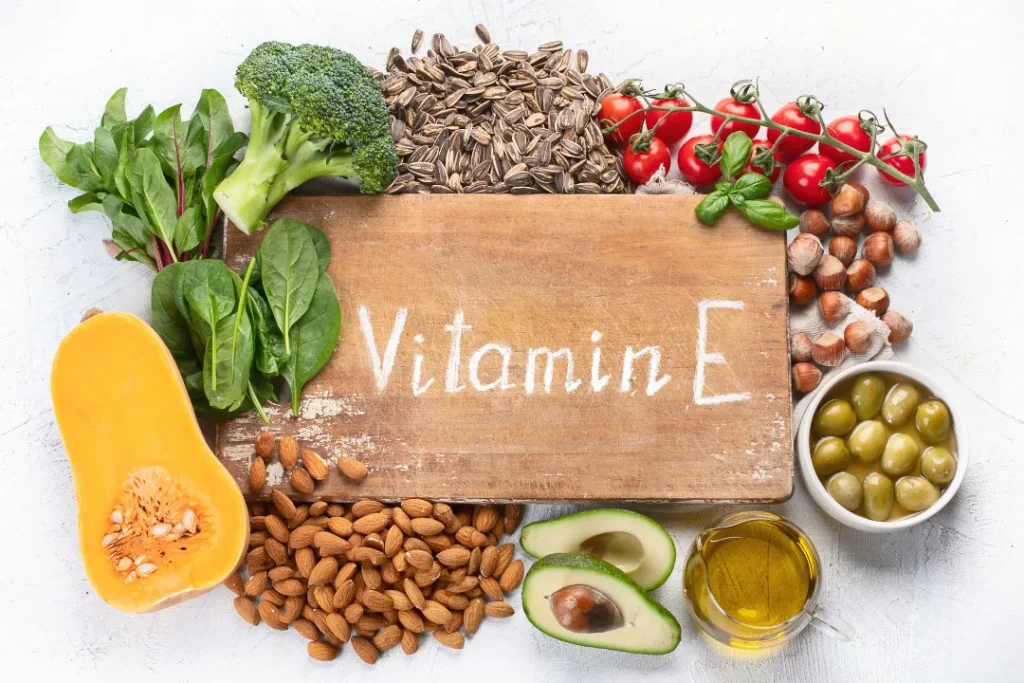
The best diet for athletes is not fat-free
A fat-free diet can have negative effects on athletes due to the vital roles that dietary fats play in supporting peak health and athletic performance. Fats are essential for the absorption of fat-soluble vitamins (A, D, E, and K) and provide a concentrated source of energy.
Additionally, fats are crucial for hormone production, insulation, and protection of organs. They also aid in maintaining healthy cell membranes and support optimal brain function. Completely eliminating fats from the diet can lead to deficiencies and compromise an athlete’s health and performance. The best diet for athletes should include healthy fats, such as those found in avocados, nuts, seeds, and fatty fish.
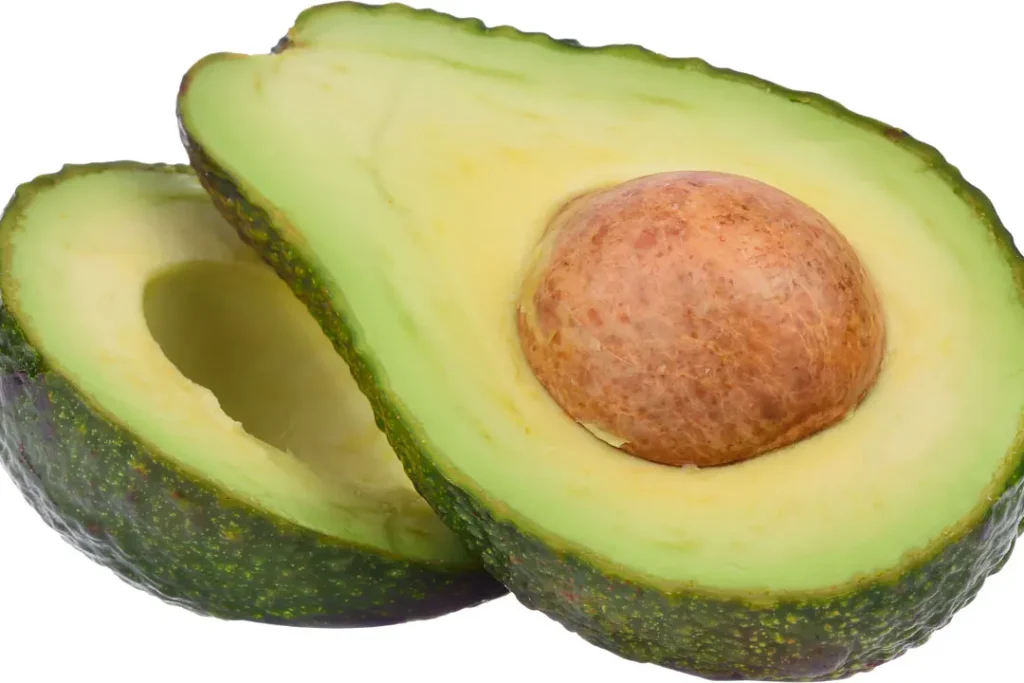
The best diet for athletes is not low carb
Low-carbohydrate diets are not the best diets for athletes since they may reduce energy levels for physical activity. Carbohydrates play an important role in providing energy, acting as the primary fuel source for working muscles during exercise, particularly during high-intensity activities. Insufficient carbohydrate intake can lead to decreased glycogen stores, which can impair performance, limit endurance, and result in fatigue.
Additionally, low-carb diets may compromise the ability to recover and repair muscles post-exercise. Carbohydrates also support optimal brain function. Athletes should consume an adequate amount of carbohydrates from sources such as whole grains, fruits, and vegetables to ensure sufficient energy availability.
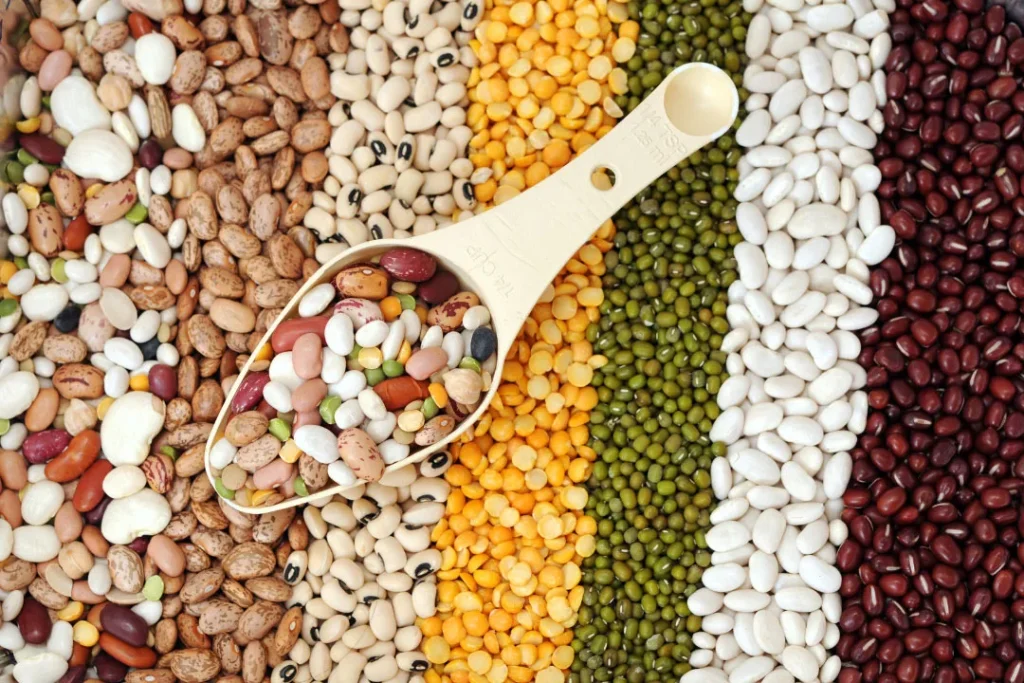
The best diet for athletes is not zero sugar
A zero-sugar diet can have detrimental effects on athletes due to the essential role that sugars, particularly in the form of carbohydrates, play in providing energy for physical activity. Sugars are the primary source of quick energy for muscles during exercise, especially during high-intensity activities. Eliminating all sugars can result in an inadequate energy supply, leading to reduced athletic performance, decreased endurance, and early onset of fatigue.
Furthermore, sugars play a crucial role in glycogen replenishment and muscle recovery after exercise. The best diet for athletes includes appropriate amounts of sugars from natural sources such as fruits, vegetables, and whole grains, to support high-energy levels.
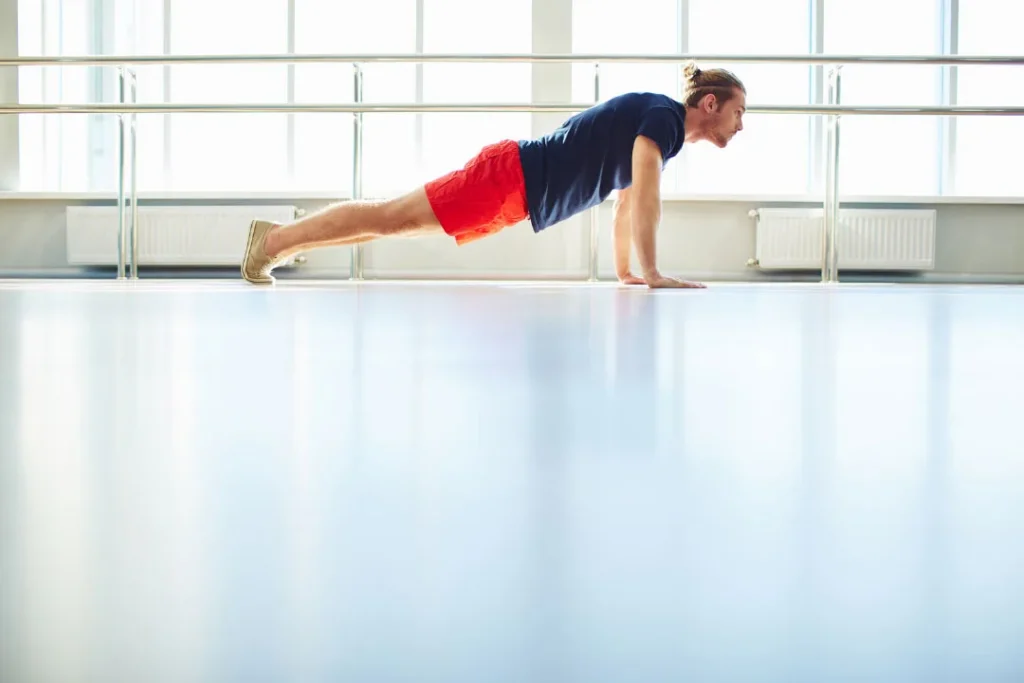
The best diet for athletes is high protein
A high-protein diet offers several benefits for athletes due to its ability to aid in muscle repair, growth, and recovery. Protein provides the building blocks for the development of lean muscle mass and helps repair damaged tissues after intense exercise. The best diet for athletes incorporates protein-rich foods to support optimal athletic performance.
Some excellent sources of protein for athletes include lean meats like chicken, turkey, and fish. Dairy products such as Greek yogurt and cottage cheese are also high in protein. Plant-based options like legumes, such as peas, are a valuable protein source. Tofu and tempeh are also excellent choices for athletes following a vegetarian or vegan diet.
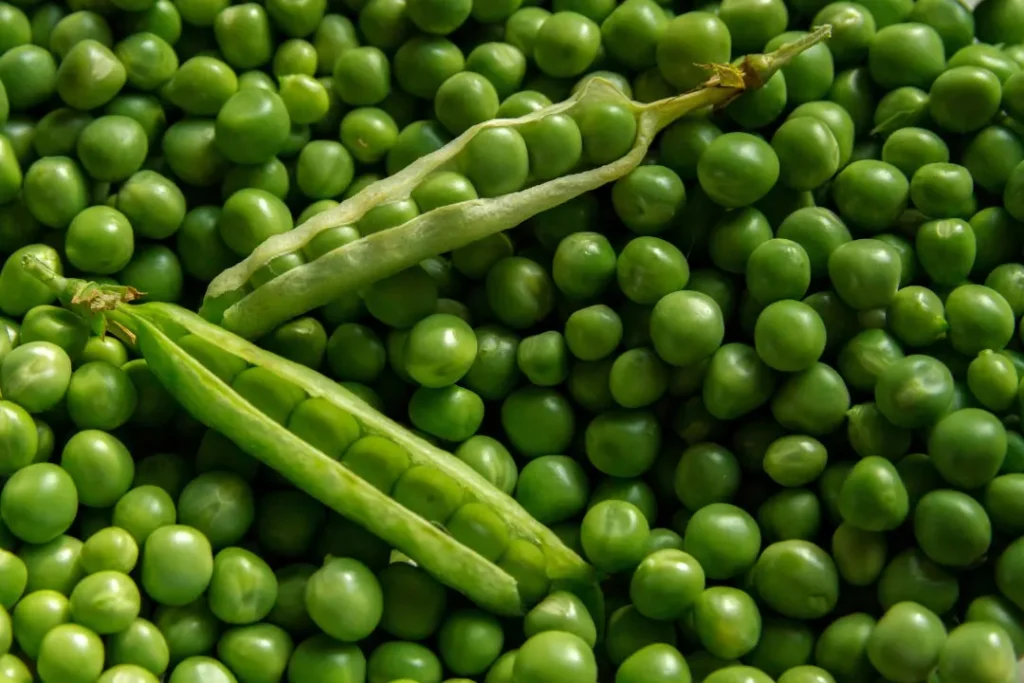
The best diet for athletes is high carb
A high-carbohydrate diet is beneficial for athletes due to its ability to provide readily available energy for physical activity. Carbohydrates replenish glycogen stores, ensuring a sustained energy supply during high-intensity workouts and enhancing endurance.
The best diet for athletes can include carbohydrates from sources like whole grains (e.g., brown rice, and whole wheat bread), starchy vegetables (e.g., potatoes, corn), fruits (e.g., bananas, berries), and legumes (e.g., peas, beans). Including these carbohydrate-rich foods ensures athletes have the energy needed to fuel their training, enhance performance, and delay the onset of fatigue.
The best diet for athletes is high-fiber
A high-fiber diet offers numerous benefits for athletes, contributing to improved digestion, enhanced satiety, and overall health. Fiber aids in maintaining regular bowel movements, preventing gastrointestinal issues that may hinder performance. Additionally, it promotes a feeling of fullness, aiding in weight management and portion control. The best diet for athletes can incorporate fiber from various sources such as whole grains, fruits, vegetables, and legumes.
Nuzest Clean Lean Protein is a health food supplement that can enhance any diet for athletes. Nuzest Clean Lean Protein Powder uses golden peas which are a valuable source of protein containing essential amino acids, carbohydrates, and fiber. As the name suggests, Nuzest Clean Lean Protein Powder uses all-natural ingredients and a water isolation process with no chemicals, making it a clean product.
Nuzest Life Founder and CEO Trevor Bollands says, “We wanted to produce products suitable for everyone and free of allergens. That means we’re plant-based, gluten-free, dairy-free, GMO-free, and soy-free.” As a pea protein supplement, Nuzest Clean Protein also harnesses the powerhouse minerals and nutrients contained in peas such as calcium, magnesium, iron, and zinc to enhance athletic performance.
The best diet for athletes:
Final word
The mark of a great athlete is the desire to be the best. To be the best, athletes have to take care of their bodies, and following the proper diet is key. Discovering the best diet for athletes can be challenging, but with the information provided here, you’re well on your way to performing at optimal levels.
Further reading:
University of Pittsburg Medical Center: The Top Four Food Groups for Athletes
Mayo Clinic: Carbohydrates: How carbs fit into a healthy diet
Inside Tracker: Can nutrition improve athletic performance?
National Library of Medicine: Protein intake and athletic performance
Addidas Runtastic: Dietary Fiber – Benefits For Athletes
Important Note: The information contained in this article is for general informational purposes only, and should not be construed as health or medical advice, nor is it intended to diagnose, prevent, treat, or cure any disease or health condition. Before embarking on any diet, fitness regimen, or program of nutritional supplementation, it is advisable to consult your healthcare professional in order to determine its safety and probable efficacy in terms of your individual state of health.
Regarding Nutritional Supplements Or Other Non-Prescription Health Products: If any nutritional supplements or other non-prescription health products are mentioned in the foregoing article, any claims or statements made about them have not been evaluated by the U.S. Food and Drug Administration, and such nutritional supplements or other health products are not intended to diagnose, treat, cure, or prevent any disease.
